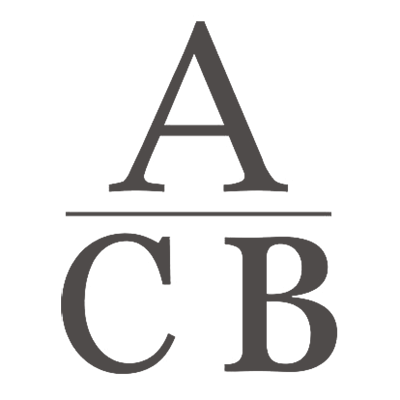Requirements set by a financing bank cannot restrict competition in a tender co-financed using EU funds
If a bank denies financing for a contract for rolling stock (or other items subject to a tender) awarded in conformity with the principle of competitiveness because material collateral cannot be established in Poland, the contracting authority is required to award a contract for delivery with financing.

Digitalisation of procurement without signposting
In anticipation of the new Public Procurement Law, the market is wandering in an uncharted wilderness of digitalisation, stumbling time and again over the ill-considered consequences of rulings. Public procurement needs a signpost: permanent and specific rules in line with the regulations.

New Public Procurement Law: The draft has arrived
On 24 January 2019, the Ministry of Entrepreneurship and Technology presented a draft of the new Public Procurement Law. The extensive new law is intended to simplify and streamline regulations so public procurement becomes more efficient and user-friendly.

New PPL: Is everything in line with EU law?
The explanatory memorandum for the draft of the new Public Procurement Law indicates the need to increase the transparency and coherence of national regulations, recognising that the EU’s procurement directives have already been implemented in the Polish legal system. However, the effect of the “small amendment” of 2016 has been unsatisfactory from the very beginning. Hence, the draft contains a number of new solutions justified by the need to reflect the regulations of the procurement directives in the Polish act.

Forced conciliation
Chapter X of the draft new Public Procurement Law (Art. 620–655) obliges the contracting authority and the contractor to conduct a mandatory conciliation procedure. While the very idea of settlement of disputes deserves full support, the proposed detailed solutions raise serious doubts under the Polish Constitution and EU law.

New “basic procedure” for contracts below EU thresholds
One new procedure will replace the three most commonly used procurement procedures below the EU thresholds. The open bid will disappear, and the basic procedure without negotiations will appear. It is supposed to be easier and more flexible, but will it work?

Grounds for exclusion in the proposed new Public Procurement Law: Closer to the directive
The draft of the new Public Procurement Law, released by the Ministry of Entrepreneurship and Technology on 24 January 2019, proposes changes in the grounds for exclusion of contractors and institution for “self-cleaning,” bringing the Polish regulations closer to Directive 2014/24/EU.

Bid bonds in 2020: same problems, same sanctions
In the proposed new Public Procurement Law, the contracting authority will decide on the obligation to submit a bid bond, regardless of the value of the contract. However, the same restrictive consequences as in the current act are linked with the improper submission of a bid bond, and there are more grounds for retaining bid bonds.

Data protection and public procurement
A key element of the proposed new Public Procurement Law is to regulate the protection of personal data collected in the course of procurement procedures. Significant exceptions from the general rules of the GDPR are planned. What should they consist of?

National Appeals Chamber (KIO) stories: how the KIO was fooled with regard to an electronic signature
A December KIO ruling dealt with an IT aspect of the qualified electronic signature. A contractor had purchased an electronic signature from a trusted supplier, but despite this, the ESPD signed using the electronic signature was invalidated.

SHA – how technology can ruin transparency of public procurement proceedings
Directive 2014/24/EU of 26 February 2014 on Public Procurement only states that “where a tender is signed with the support of a qualified certificate that is included on a trusted list, the contracting authorities shall not apply additional requirements that may hinder the use of those signatures by tenderers”. Unfortunately, the National Appeals Chamber (KIO) took a different view of the issue.

The principle of proportionality in public procurement
According to Court of Justice of the European Union (CJEU) case law and EC directives, the principle of proportionality and equal treatment must be observed when selecting contractors in public procurement proceedings. Clearly, the Public Procurement Office and National Appeals Chamber have an obligation to evaluate public procurement proceedings in terms of these principles. However, as complaints about breach of competition regulations in tenders are submitted to the president of the Office of Competition and Consumer Protection (UOKiK), it is not clear whether this institution is required to refer to these principles.
